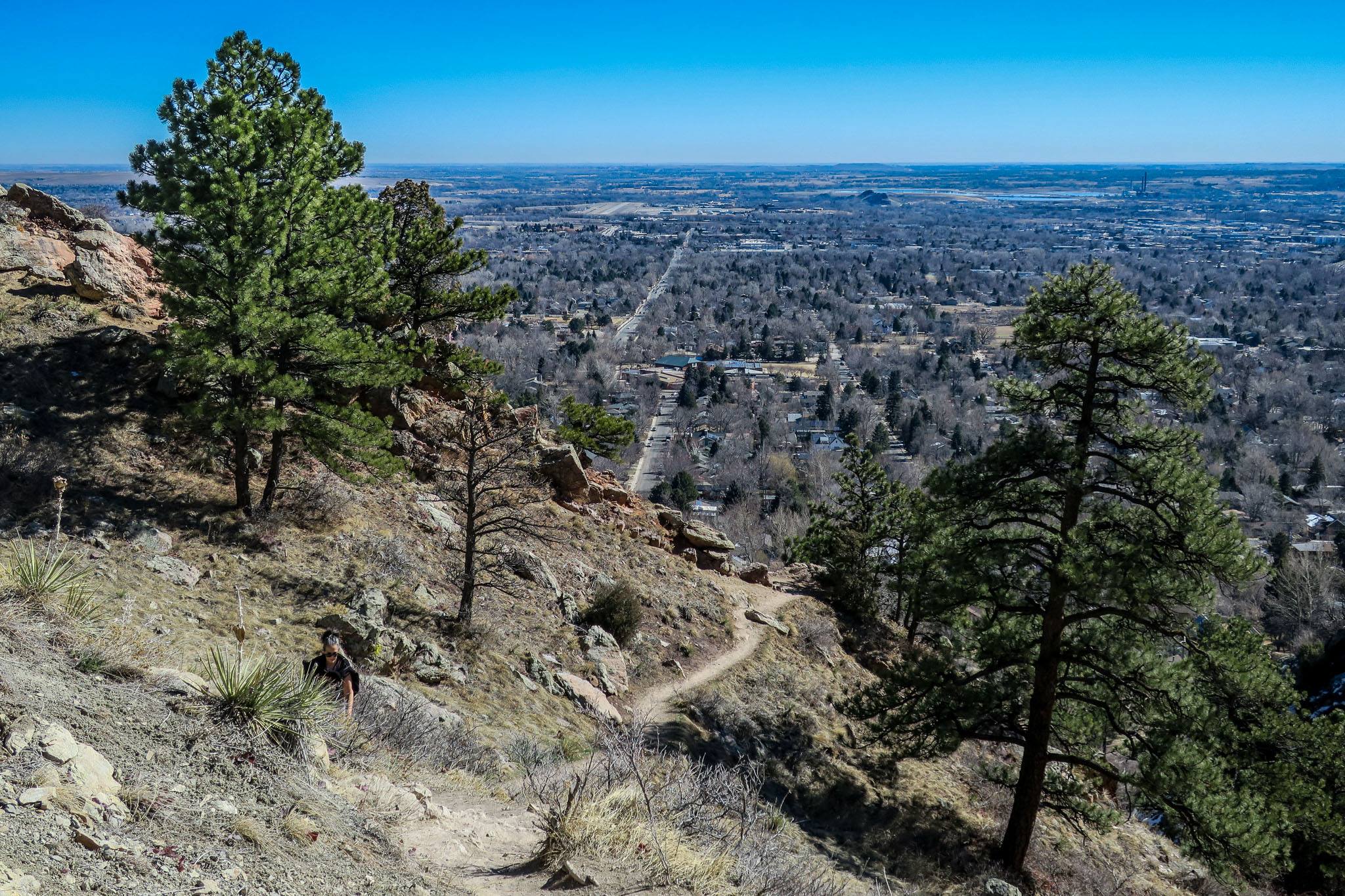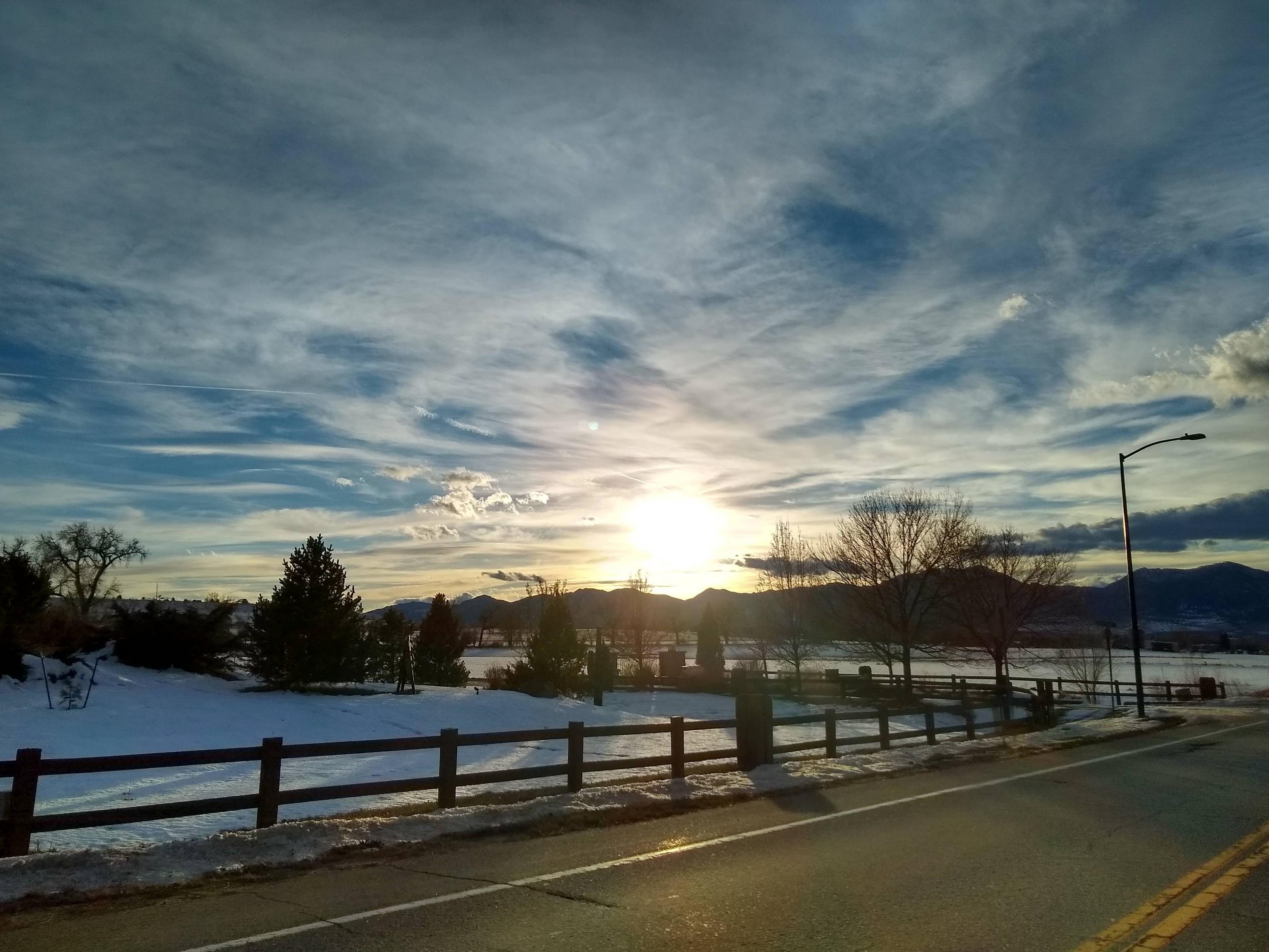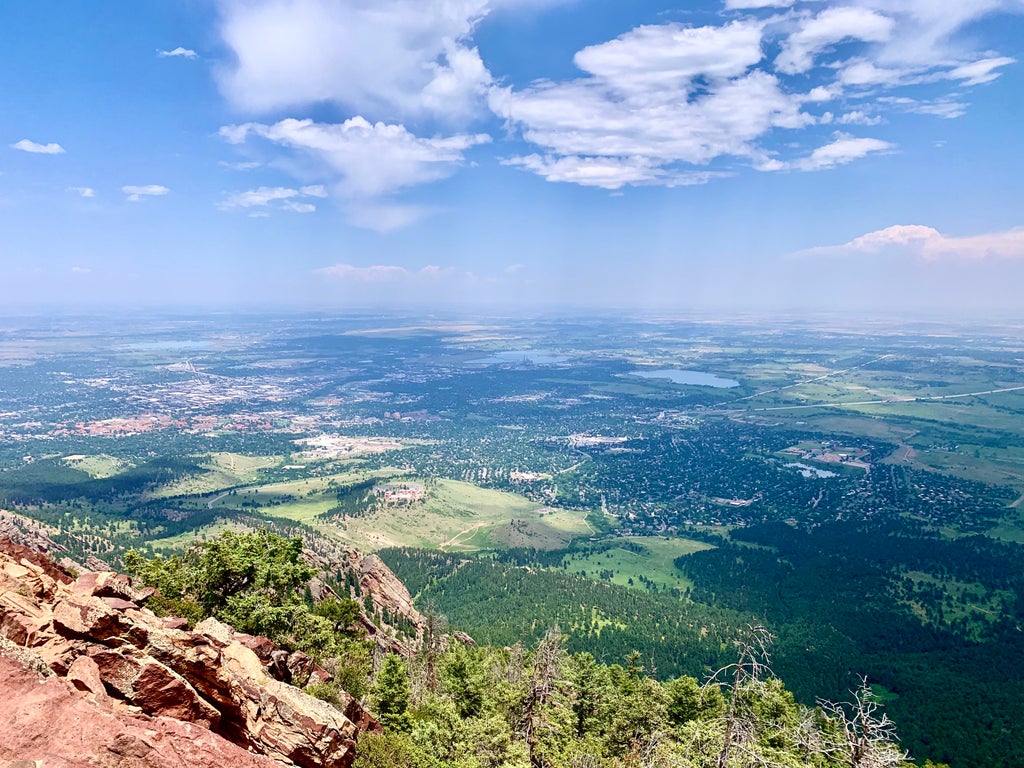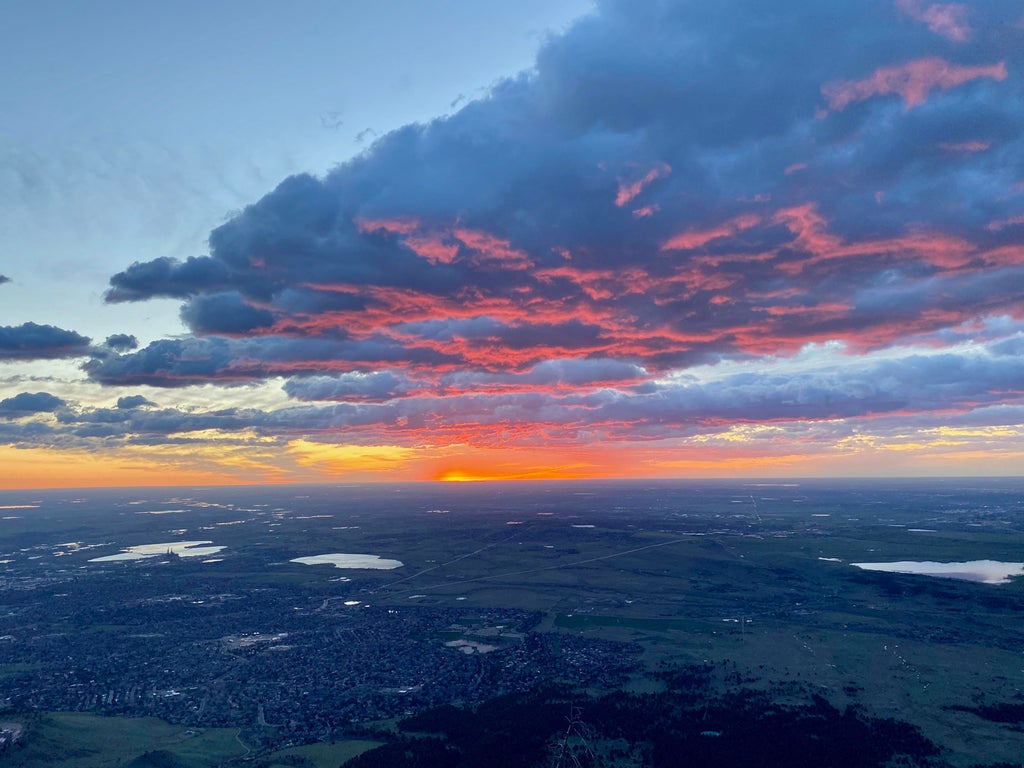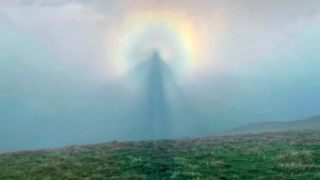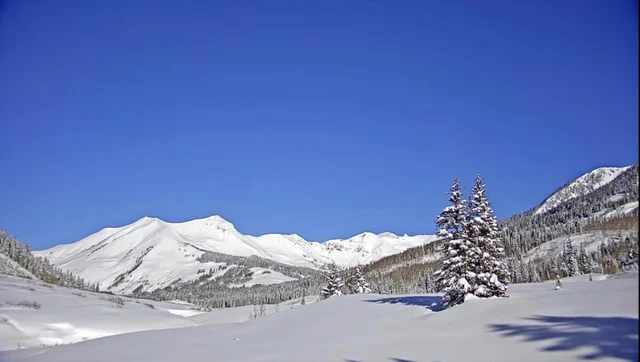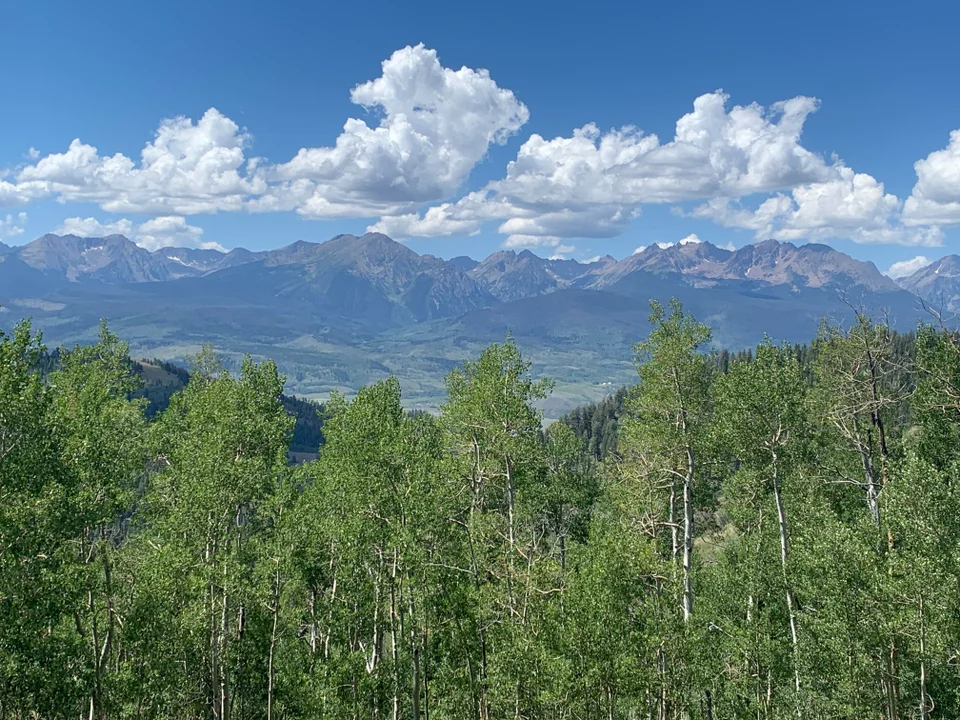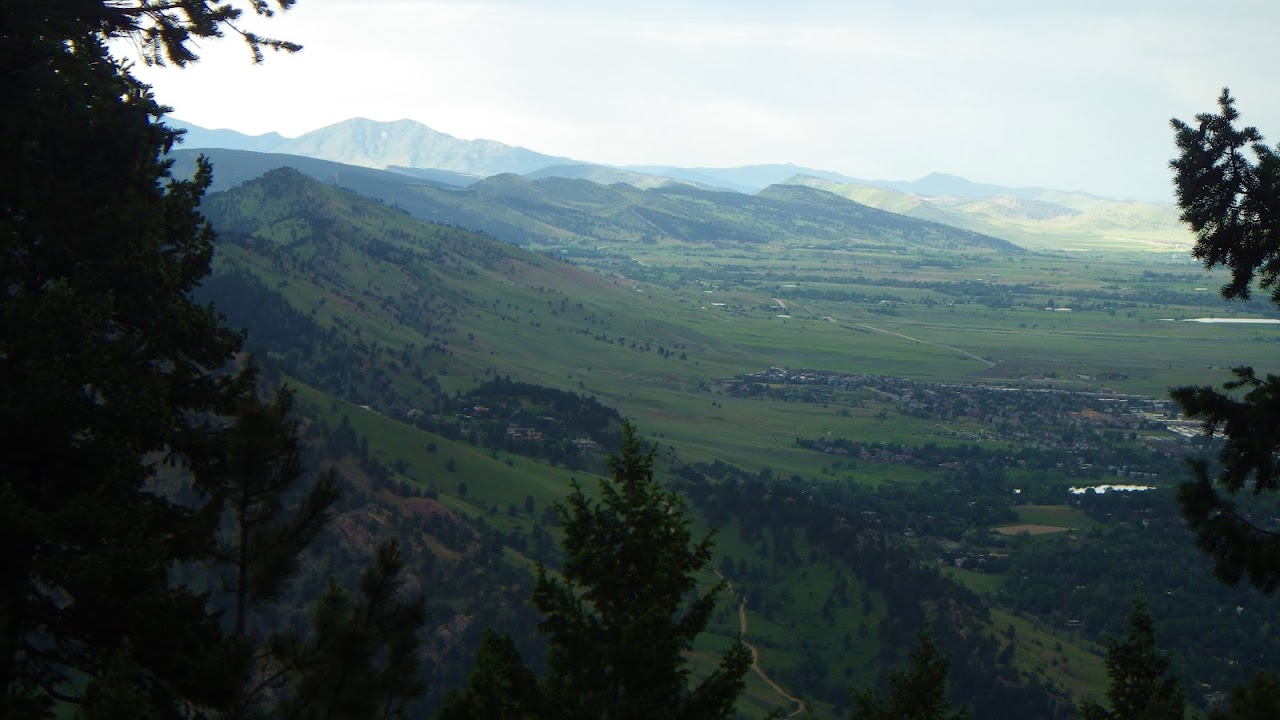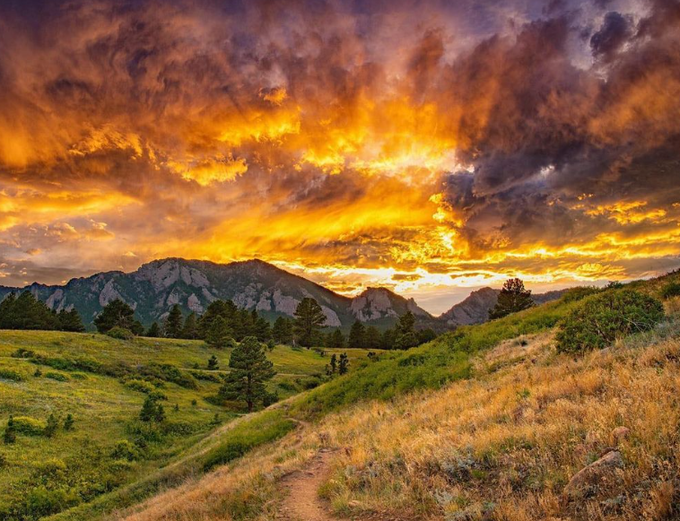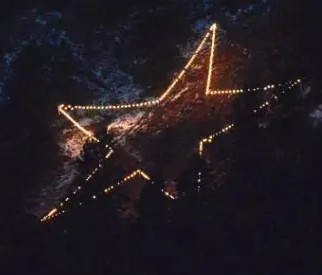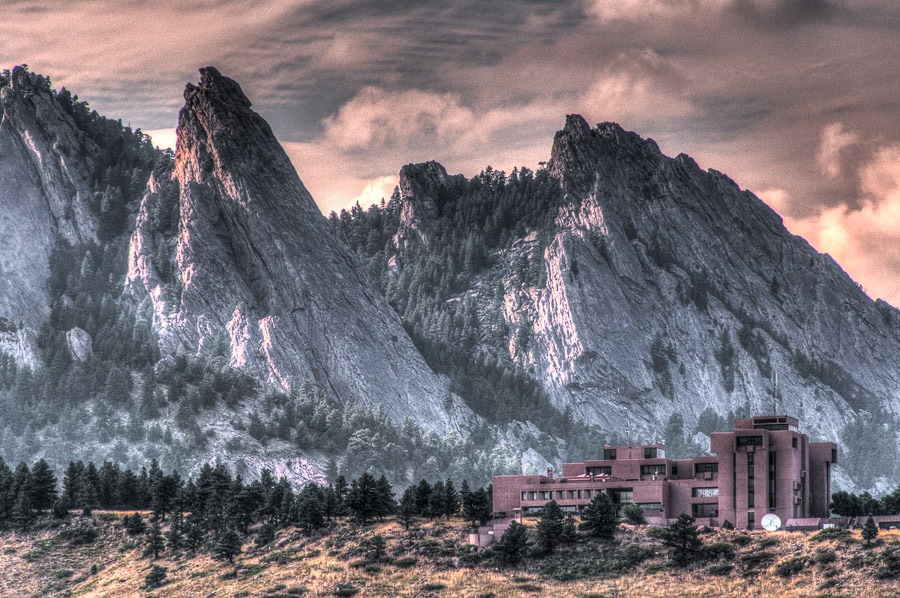- Crime Scene Drawings
- Evidence
- DNA UM1 Profile
- CoraFiles
- Horita's DNA/Bode Notes
- Drive-Stun Wounds
- FGG Policy
- Morrissey w/Silverman
- Dougherty w/Silverman
- Victim Rights Act
- Victim Shoes
- Ransom Note
- Autopsy Report
- Thomas Deposition
- JBRCE Timeline
- 911 Call
- Acronyms
- Body
- Body - Internal
- Body - Head
- Body - Neck
- Book List
- Burke Did It?
- Clothing
- Cords
- Cover Up?
- DNA/Blood
- Duct Tape
- Evidence Interpretation
- Fibers
- Foreign Faction
- Friends
- Intruder
- Intruder - Sex Offender
- Intruder - Sexual Predator
- Intruder - Aquaintance
- John Mark Karr
- Neighbors
- Patsy & John Killers?
- Patsy
- Pineapple
- Prior Abuse?
- Ransom Note
- RN Comparisons
- RN Interpretations
- RN Movie Comparisons
- RN Who Wrote It?
- Staging
- Stun Gun
- Worked for Ramseys
- Who is Who in the Case?
- pdf Library
Part 10. Steve Thomas Deposition
Q. Page 48, the first full paragraph. "John was overheard to ask someone quietly, 'Did you get my golf bag?'" Did I read that correctly? A. Yes. Q. Who overheard him ask that question? A. I believe that was either John or Barbara Fernie. Q. Who did they overhear him ask that question to? Who was the someone? A. They could not identify that party. Q. And when did that statement, was it allegedly made? A. The did you get my golf bag statement? Q. Yeah. A. I think in the days following the murder. Q. Do you know how many days after the murder? A. No. Q. And was there ever any concern in the Boulder Police Department about a relationship that developed between Barbara Fernie and Linda Arndt? A. I think there were concerns about Arndt that ultimately led to her removal from this investigation. Q. My question was, sir, and let me repeat it for you if it was not clear. Are you aware of any concerns in the Boulder Police Department about a relationship that developed between Barbara Fernie and Linda Arndt? A. Yes. Q. Tell me what the nature of those concerns were. 5 A. As I recall, I think that there was some feeling that Linda Arndt had gone outside her police hat, so to speak, and was involving herself emotionally with Barbara Fernie. Q. And potentially romantically or sexually? A. Never have I heard anything like that. Q. Look at page 52, the second full paragraph, last sentence, "The officer said she was told by a police intern on duty not to be concerned because 'the detectives already know who did it.'" Have I read that correctly? A. You have. Q. Who was the police intern? A. I don't know. Q. Who was the officer, Chromiak? A. As it says. Q. Who were the detectives? A. I don't know because this was prior to my involvement in the case, I believe. Q. Did you ever see any lab forensic test forms filled out as early as December 30, 1996, that under the form area for suspects had John Ramsey and Patsy Ramsey's name there and no one else's? A. No, but it wouldn't surprise me. Q. As early as December 30, 1996, that would not surprise you, would it, sir? A. No, with this ambiguous label of suspect, no. Q. With that ambiguous label of suspect it would seem to me there would be a lot of other people that would be on there such as Fleet White as of December 30th, right? A. Right what, Mr. Wood? Q. You can't -- I mean, you're trying to tell me as I understand it, well, you know, it wouldn't surprise me for John and Patsy Ramsey's name to appear on the form as early as December 30th as a suspect because of the ambiguous use of the term suspect. Well, you're going to apply the ambiguous terms equally to all, aren't you? Shouldn't we see Fleet White? Shouldn't we see John Fernie? Shouldn't we see Mr. Barnhill? Shouldn't we see Bill McReynolds? Shouldn't we see all of those people as of December 30th, sir, under that as you now call it ambiguous term suspect? A. I did not see the report. In fact, if you see my reports, I think I refer to them as subjects. Q. When did you move them from subjects to suspects? A. I don't know that I in my reports listed them as suspects. Q. How about in your mind's eye, when did you make the determination that they were suspects? A. Well, everybody was a potential suspect from early on, Mr. Wood. Q. Everybody? A. Excuse my use of everybody. There were a number of people who could be potential suspects in this case from very early on. Q. Bill McReynolds was? MR. DIAMOND: I'm sorry, could you -- could I have that reread? Q. (BY MR. WOOD) Bill McReynolds 8 was, right? MR. DIAMOND: Thank you. A. Was a suspect as early as December 30th, 1996? Q. (BY MR. WOOD) Yeah. A. Or shortly thereafter he became an early suspect. Q. At what point in time did you say I think Patsy Ramsey killed her daughter? A. I think the evidence led me to those conclusions and further strengthened my belief in the early months of 1997. Q. When in 1997, the early months, what does that mean? Tell me what that means with some specificity, please, sir. A. There was not a defining moment in which the bell rang and I noted the date and time. Early in 1997 it became more and more apparent to me that that's where the abundance of evidence was leading. Q. And you were heavily influenced in that determination by the conclusion of John Foster, weren't you, sir? A. Don Foster? Q. Don Foster, yeah. A. No, he did not come on board for I think almost another year. Q. Right. So you had decided in your mind's eye that Patsy Ramsey killed her daughter many months before Don Foster made the appearance as a consultant in the case, right? A. Again, Mr. Wood, as I said, I felt there was an abundance of evidence pointing in that direction. And that became -- and others viewed it the same way, incidentally. And, yes, in those early months of '97, she looked pretty good for that. Q. Yes, sir. Thank you. But that doesn't answer my question. You had decided in your mind's eye that Patsy Ramsey killed her daughter many months before Don Foster made his appearance as a consultant in the case, true? A. I felt that she was the best suspect, yes, many months prior to Don's Foster's involvement. Q. Plaintiff's Exhibit Number 2 is Mr. Foster's letter to my client, Patsy Ramsey. Have you seen that letter before? A. I haven't looked at it yet. Q. Do you think there was more than one? MR. DIAMOND: Can you hold on a second? MR. WOOD: Did I call that Plaintiff's Exhibit 2, it's Defendants' Exhibit 2, excuse me. MR. SMITH: I don't have any -- MR. WOOD: I can't hear you. I can assume the general gist of what you're saying. (Pause.) MR. WOOD: Do you want to go off the record to save tape? MR. DIAMOND: No, I will be done in a second. How are you doing? THE DEPONENT: Yeah, I'm keeping up with you on it. MR. DIAMOND: Do you want to give him a moment to look at it? Q. (BY MR. WOOD) If you want to look at it, we can take a break instead of wasting tape because I don't want it to count 1 against my time? MR. DIAMOND: If you show him a document he has a right to read it. If you only come with one we've got to read it one at a time. This is your time use it the way you want. MR. WOOD: Every road goes in two directions, Mr. -- MR. DIAMOND: Diamond. MR. WOOD: Diamond, is that your name? I'm sorry, I forgot it just momentarily. Why don't we take a five-minute break and let him read that. I need to go to the restroom anyway. VIDEO TECHNICIAN: The time is 3:48. We're going off the record. (Recess taken from 3:48 p.m. to 3:53 p.m.) VIDEO TECHNICIAN: The time is 3:53. We're back on the record. Q. (BY MR. WOOD) Defendants' Exhibit Number 2, you've had an opportunity to review it during the break? A. Yes. Q. That is what you recall being as 2 being a true and correct copy of a letter that was subsequently brought to your attention at some point in the investigation that Mr. Foster, Don Foster, had written to Patsy Ramsey in June of 1997? A. I had only seen the first page of that. Q. Does the first page appear to be a true and correct copy of that page that you saw? A. Yes. MR. DIAMOND: Did you get an audible response? MR. WOOD: I thought he said yes. Did you get a yes? THE REPORTER: Yes. Q. (BY MR. WOOD) Page 67 of your book, bottom paragraph "Later a friend who had come out from Boulder for the services recalled that she was asked by Patsy to retrieve the black jeans Patsy had worn ... the morning of December 26th." Who was that friend? A. I believe that was Priscilla White. Q. Did you ever consider that perhaps Patsy Ramsey wanted those jeans because she wanted some casual clothes and did not at that time feel like going out and shopping? A. No, it struck me as unusual, as I said, to transport a pair of jeans 1500 miles to Atlanta from Boulder. Q. You think that was incriminatory? A. It struck me as odd, Mr. Wood. Q. Did it strike you as odd that the Boulder Police Department never made a request to the Ramsey family to obtain the articles of clothing that they wore on the 25th of December for almost a year? MR. DIAMOND: Are you representing that is the case? Q. (BY MR. WOOD) I think Mr. Thomas knows that is absolutely the case, don't you? A. Which question? Q. That the one that I -- well, the Boulder Police Department didn't ask John and Patsy Ramsey for the articles of clothing they had worn on the 25th of December, 1996 until almost a year later, true? A. For a long time, that was a mistake, yes. Q. Didn't that strike you as odd? A. That the police did that? Q. You and the police, you were part of the case? A. Yes. Q. Why did you do it? A. Why did I do what? Q. Why didn't you ask the Ramseys to give you the articles of clothing they wore? A. In hindsight, that was important. Q. You had already concluded that Patsy Ramsey committed the crime before you even asked for the clothes that she had worn, true? A. Those should have been collected the first day and they weren't. Q. You had already concluded that Patsy Ramsey had committed the crime before you even asked the Ramseys for the clothes they had worn that night, true? A. It was my belief that that evidence that I'm talking about led to Patsy Ramsey. So yes, she was the best suspect before we wound up collecting their clothes. Q. I'm not asking you about who is the best. I'm talking about you, Steve Thomas, a lead detective had concluded that Patsy Ramsey had killed her daughter, JonBenet, months before you or the Boulder Police Department even asked for the clothes that she and her husband were wearing that night; is that true? MR. DIAMOND: Asked and answered. You can answer. Q. (BY MR. WOOD) Can I get an answer and then we can move on. Am I correct, sir? A. That's my belief that she was involved. Q. And the timing is correct, right? A. Prior to the retrieval of the clothing, yes. Q. All right. Thank you. It seems like it was a pretty simple question. MR. DIAMOND: You wanted to put your words in his mouth and he didn't want to swallow them, which is his right. MR. WOOD: Well, the truth then one can surmise why one has difficulty swallowing the truth. Q. (BY MR. WOOD) Sir, let me ask you -- MR. DIAMOND: That's a hot-headed remark. MR. WOOD: What? MR. DIAMOND: That's a hot-headed remark. MR. WOOD: Well, I don't think it's any more hot headed than your comment made about swallowing the truth and making -- and taking my words? MR. DIAMOND: Try swallowing the truth. MR. WOOD: Your comment, sir, you're the one that got into the swallowing. So, you know, if you stay away from there, I don't need to go there. Q. (BY MR. WOOD) What happened to pages 17 through 25 of the pad, do you know, from where CBI concluded that the ransom note was written? A. Are we talking about Patsy's tablets? Q. Seventeen through 25 of the tablet that was given to the police that morning by John Ramsey because it contained handwriting by Patsy. A. Seventeen through 25 I believe remained unaccounted for. Q. Was there a note from Bill McReynolds found torn up in JonBenet's trash can in her room? A. I have heard that. Q. Did you ever check to see if that were true? A. I think I was told that it was some sort of card. Q. From Bill McReynolds? A. Yes. Q. Was it ever fingerprinted, do you know? A. Detective Trujillo would know that. I don't. Q. Did you ever try to find out? A. No. Q. Did you ever try to find out what the card said? A. I recall at one time. I don't now. Q. What was the object that struck the blow that fractured JonBenet Ramsey's skull? A. I don't know. A blunt object. I don't believe, at least during the time I was involved in the investigation, it was identified. Q. Were there any forensic tests conducted to determine the force one would have to exert on her head to create a fracture of the magnitude found on autopsy? A. Are we talking like torque and foot pound pressure, that sort of thing? Q. You're the expert it sounds like, yeah, sure. A. I'm not. But I'm not familiar with any tests like that. Q. There apparently could have been some I take it? A. I don't know that. Q. Did you all get any experts involved, consultants involved in the Boulder Police Department to look into that issue? A. Dr. Spitz in Michigan did some testing. Q. Anyone besides Dr. Spitz? A. Not that I'm aware of. But Dr. Spitz' testing was trying to determine potential blunt object instruments that may have caused that injury. Q. Not the force or torque or foot pound pressure? A. Correct. Q. Are you aware from your investigation of any statements by John Ramsey or Patsy Ramsey that they thought that Fleet White or Priscilla White or both killed their daughter JonBenet? A. Yes, if those transcripts serve memory correctly, yeah, they cast suspicion on the Whites, yes. Q. Well, then, I mean, please, with all due respect, casting suspicion by saying that you suspect someone is different than saying that you believe that they killed your daughter, can we not agree on that, sir? A. I believe the Ramseys only sat down a couple times with -- Q. I didn't ask you that, sir. A. -- the government and -- please. MR. DIAMOND: You may finish. MR. WOOD: You may but I mean at some point I'm going to have to maybe get the judge to direct him to answer the question. She certainly would if in fact he were in front of her. I didn't ask him about how many times the Ramseys sat down with the government. I asked him, please, with all due respect, casting suspicion by saying you suspect someone is different than saying that you believe -- strike that. Let me go back. Please, with all due respect, casting suspicion by saying that you suspect someone is different than saying that you believe that that person killed your daughter; can we agree on that, sir. MR. DIAMOND: And he was answering that question. MR. WOOD: Would you answer that question, Mr. Thomas, and if you do not want to answer that question then I'm going to consider upon recess whether I'm going to adjourn this deposition and get some guidance today on another occasion to have this witness quit wasting time by being non responsive to the question. Why don't you counsel him on a break here and let's take two minutes and let me talk to Mr. Rawls because I'm kind of reaching the end of my rope with you and him. MR. DIAMOND: We're not -- we're going to stay on the record. MR. WOOD: Let him answer the question then. MR. DIAMOND: He may in any way he sees fit. Do you want the question reread? THE DEPONENT: Yeah, please. MR. DIAMOND: Madam reporter? MR. WOOD: Ready. Do you want to read it back to him maybe he'll understand it. He didn't seem to have this problem with Mr. Hoffman's questions. MR. DIAMOND: Could be a reflection on Mr. Hoffman. MR. WOOD: Could be a reflection on woodshedding by the lawyers more appropriately. I don't think anybody skilled in litigation is going to have any questions about what this witness and his lawyers have 2 done and told him to do. It's pretty obvious. Thank goodness we have the record both video and stenographically. (Page 279, line 23 through page 280, line 2 read.) A. I think the Ramseys were very careful in how they cast that suspicion and I would have to review those transcripts as to their verbatim language to refresh myself because as I sit here today, four years later, I don't recall that. Q. (BY MR. WOOD) You can't answer that question today, is that what you're telling me? A. I don't recall their language, no. Q. And hence you're telling me today as you sit here you cannot answer my question, is that your testimony? A. And hence, I think I just tried to answer your question. Q. Do you use the term and hence often? A. No, you just used it. Q. Do you use it often? A. Never. Q. Would you be willing to give me a handwriting exemplar today before we leave? MR. DIAMOND: You can make a request of his counsel. MR. WOOD: I would like to. I would just like to see what maybe some of these examiners would say about it not necessarily casting aspersions on Mr. Thomas, but maybe testing the waters on how reliable a handwriting analysis is. So if you would consider that we will come back to that at the very end. MR. DIAMOND: It is under consideration. Q. (BY MR. WOOD) Let me ask you to look at page 87. "Dog and pony shows." MR. DIAMOND: Where are you looking? Q. (BY MR. WOOD) The first paragraph next to the last sentence "The only danger to" John -- "Patsy and John Ramsey when they put on their dog and pony shows did not come from the interviewers but from themselves." What are you referring to when you -- that you're describing as their dog and pony shows? A. My opinion some of these appearances. Q. What appearances? A. For example, May 1 of 1997. Q. What other appearances? A. I don't know; I would have to review their appearances, Mr. Wood. Q. You said arranging an interview with the news organization was a tactic they would use repeatedly in coming years. How many times did they from your understanding use that what you call a tactic before the publication of their book? A. I don't think I make that distinction, do I, before or after the publication of their book? Q. So you were out doing the same thing I guess when you were giving your round of media interviews in connection with the publication of your book; was that a dog and pony show by you? A. They have certainly said worse about me than a dog and pony show. Q. Would you agree you were in the 5 dog and pony show business, too, then since that's the way you describe their interviews? A. No. I don't describe mine as dog and pony shows but I have an opinion about what I talk about here. Q. Page 113. Next to the last paragraph "Additional information he shared with us at the interview, which we were later able to confirm, further eliminated him." What are you referring to in terms of the additional information? MR. DIAMOND: Can I, give me a second, please, to get the context? MR. WOOD: Bill McReynolds. THE DEPONENT: Chuck, I need to prior to this answer just 60 seconds to ask you a question. MR. WOOD: Go off the record. VIDEO TECHNICIAN: The time is 4:07. We're going off the record. This is the end of tape three. (Recess taken from 4:07 p.m. to 4:09 p.m.) VIDEO TECHNICIAN: The time is 4:10. We're on the record. Q. Yeah, he did. Did you ever see the letter that he had sent to Patsy before his surgery where he talked about how much he enjoyed JonBenet giving him a tour of the house and giving him a special present in the basement of the house a year before, Christmas of 1995; did you ever see that letter? A. I'm not sure I ever saw a letter like that. Q. Do you deny seeing a letter like that? A. I'm telling you if the Ramseys had wished to share that with us, I certainly would have looked at it but, as I sit -- Q. Are you saying they didn't? A. -- as I sit here right now I don't recall that letter. Q. Analysis proved that Santa Bill didn't write the ransom note. Was he in the elimination category from CBI? A. Again, if you want to go back to that, he was not under consideration. Whether that was elimination or no evidence to indicate, it was my understanding from Trujillo that McReynolds was not a candidate as the ransom note author. Q. How many different examiners looked at his handwriting? A. I think it was just Chet Ubowski at CBI. Q. How about Jessie McReynolds, did he fall under the category as John Ramsey did of elimination as the author? A. Same in the interest of your time, same answer as for Bill McReynolds. Q. Again, I guess in the interest of my time, thank you for your concern. When we use the term elimination, you claim not to understand what that means from the CBI and other handwriting experts; is that what you're telling me? Because I'm trying to find out if you've got a report where a CBI person, in this instance Mr. Ubowski I assume, said based on his review of exemplars in the ransom note he was able to eliminate Bill McReynolds as an author of the note. That's what I want to know whether that was done in this case or not. Was it done or not is my question? A. And I'm not real sure of your question, but as far as elimination or no evidence to indicate, I believe Santa Bill and his son fell into that category. Q. But there were examiners that said there was no evidence to indicate that Patsy was the author of the note, true? A. The same examiner who also said that didn't disqualify her as possibly being the author of the note. Q. Nor would it disqualify Bill McReynolds in and of itself, true? A. I think it was different examiners and I don't know the standards of their professional examination. Q. You have seen the -- I'm sure you watched some of the appearances by Alex Hunter when he went out on the media, didn't you? A. I did. Q. You've heard Alex Hunter say that the handwriting experts in this case in fact put Patsy Ramsey somewhere around a 4.5 on a one to five scale, five being elimination. You heard district attorney Hunter make that statement, didn't you? A. Not only did I not hear him make that statement, District Attorney Hunter I never know what to believe when he speaks. Q. You don't like Alex Hunter, do you? A. No, sir. Q. I mean, that's a pretty damning statement to make about a man to say that you never know what to believe when he speaks because that's a way of saying that he's a liar, not to be trusted, wouldn't you agree? A. I always take at face value what comes out of Mr. Hunter's mouth. Q. Jeff Shapiro was your confidential informant, right? A. Yes. Q. So you had during your investigation of JonBenet Ramsey's murder a confidential informant who was a tabloid, supermarket tabloid, reporter for Globe, right? A. Yes. Q. And you were trying to get Mr. Shapiro to get you information about Mr. Hunter, right? A. He came to us with information. Eye and -- ear and eyewitness information about some of the activities going on in Mr. Hunter's office, yes. Q. Did you give the ransom note to Ann Bardach? A. We discussed it. I never gave her a copy of the note or the note. Q. Did you tell her what it said? A. We had conversations which I would describe as almost wholly concerning the politics of the investigation but given some of what was going on, yes, I did discuss content of the ransom note with her. Q. Did you ever meet her in a parking lot? A. I met her at a restaurant. Q. Did you ever meet her in a parking lot, sir? A. I don't know what you're referring to. Q. A parking lot. You asked Jeff Shapiro, for example, one time to meet you in a parking lot, didn't you? A. Maybe I met her in the restaurant parking lot. Q. That's what I was asking. The first time you met her, you didn't want to be seen in a restaurant in Boulder, Colorado with Ann Bardach, did you? A. Went into the restaurant and had a meal. Q. How many times did you meet with Ann Bardach? A. I don't know, maybe four or five times. Q. You were scared to death when you were up in Quantico, Mr. Thomas, that you were going to be outted as a source for her Vanity Fair article, weren't you? A. I was concerned because Mr. Shapiro made me aware or at least claimed that what became a big internal affairs witch hunt in fact transpired. Q. You were afraid it was going to come out on CNN that Steve Thomas had given police information to the Vanity Fair writer and embarrass you when you were up there with these FBI people that you were relying on, isn't that true, sir? A. As I said, Mr. Wood, I was concerned about that being made public. Q. You were ready to throw down your badge over it, weren't you? Talked to your wife and said I'm going to walk away from this, I can't take it anymore, that was when 4 you were up in Quantico, true? A. I don't know what Mr. Shapiro has obviously told you but I was upset about this, yes. Q. Well, did you take -- did you say that? A. Did I say what? Q. That you were prepared to walk away, you had talked to your wife, you weren't going to take it anymore when you were up there in Quantico and you were afraid that it was going to come out that you had provided this information? A. I had some frustrations throughout this case which eventually led me to do just that and resign. Q. I'm talking about, sir, when you were up there in Quantico and had these conversations with Mr. Shapiro which would have been around September of 1997, a year before you resigned. Do you remember that? A. Yes. Q. How many conversations did you have with Mr. Shapiro? A. I'm not sure but I'm confident he was tape recording most likely those conversations and that would bear out that conversation. Q. Why are you confident that he was tape recording them? A. It was my impression that he was tape recording a lot of people. Q. Did you ever make a statement to him on the phone, Jeff, do you know what they call the people that chased down Princess Diana, papparazzi, and do you know what they call someone who strangles and kills their child, Poppa Ramsey? A. Never. Q. Never made that statement? A. Never. Q. You deny that under oath? A. Yes. Q. Did you ever read "Perfect Murder, Perfect Town"? A. I did. Q. Any phone conversations involving you that you read and thought were grossly inaccurate? A. Yes. Q. Which ones were those? A. One in which Jeff Shapiro, according to Schiller, alleges that I told Shapiro who I thought killed the victim in this case. Q. The one where you said John and Patsy? A. I don't know if you would care to turn to the quote, that's the one I'm recalling. Q. Is that the one? A. I don't know. Let me look at the quote. Q. We'll come back to it later if we need to. Anything else, other than that one? A. There were, I think, a number of factual errors in the book. And if you would like to sit down and go through the book, we can certainly do that. Q. If you're willing at some point and your attorneys will let you do that with me, I assure you that I very much would like to sit down and do that with you. I am very interested in those facts for inaccuracies. Anybody besides Carol McKinley, Jeff Shapiro and Ms. Bardach that you discussed this case with while you were still actively involved in this investigation in terms of media individuals? A. That phone would sometimes ring in the situation room 100 times a day. I would pick up the phone but, no, didn't carry on any dialogue or conversation with others. Q. Did you ask Jeff Shapiro to find out who was telling people in Boulder that you were the source for the Vanity Fair article? A. If we had a conversation in which I asked him to do that, I certainly wouldn't deny it. Q. And he told you -- do you recall him telling you it was Bill Wise, Alex Hunter's assistant? A. He may have. Q. And you responded, Those fuckers, he said, almost as if he were catatonic. Then he got louder. Those fuckers, he repeated. Those fuckers, he shouted. Jesus Christ, Jeff, do you know what the fuck will happen to me if it comes out on national television that I had anything to do with this fucking article while I'm up here, he asked. I'm up here with the FBI, man. Do you have any idea how fucking embarrassing it's going to be if we're all sitting in a room together with CNN on and that comes over it? Fuck, it's going to make that whole department look like shit. Jesus Christ, Jesus Christ. Did you ever say anything like that to Jeff Shapiro, sir, in a telephone conversation when you were in Quantico? MR. DIAMOND: Are you reading from something you would like to share? MR. WOOD: My notes. Q. (BY MR. WOOD) Did you have a conversation with words to that effect when you talked to Mr. Shapiro about who was saying that you were the source for the Vanity Fair article? A. Again, Mr. Wood, it leads me to believe that he was in fact probably taping these telephone conversations. Yeah, I spoke with him at a period that I was very upset. 9 Q. You don't deny making those statements, do you, sir? I'm sorry for the language for the court reporter's sake but it's business and I think everyone understands that. You don't deny making those statements at all, do you, because you -- MR. DIAMOND: In those words? MR. WOOD: Oh, yeah. These are quotes pretty much that I was reading. Q. (BY MR. WOOD) You don't deny it under oath, do you, sir? A. I don't know if those are quotes or not but I probably had a conversation similar to that. Q. That wasn't the only one like that, was it? A. Like what, Mr. Wood? Q. Where you were so upset about being outted as a source. You got real upset when you thought they were going to ask you to take a polygraph, didn't you? A. I was prepared to come back and when asked admit that I spoke with Ann Bardach. Q. Why don't you just come back and admit the truth, sir? Here you are in, at least at the time, what was one of the most, if not the most, high profile murder investigations in the country; an article has come out about that investigation when it's only into its first few months that has an impact on the investigation because it does contain previously undisclosed confidential police information. Did you not think it was the correct and honorable and professional thing to do to simply come back and tell the truth that you had met with her these several times and that you had provided her with information? MR. DIAMOND: Objection. Argumentative. You may answer. A. Did I think it was the honorable thing to come back to Boulder and tell the truth about it? Q. (BY MR. WOOD) Yes, sir. A. I had the same question of your clients, yes. Q. I'm not -- let me tell you something, sir, we're not talking about my clients right now we're talking about Steve Thomas. You've been doing a lot of talking and a lot of writing about my clients, but now we're talking about you. You were not prepared to come face the truth of what you had done and out yourself as the source and you were scared to death they were going to make you take a polygraph test and everyone was going to know that Steve Thomas had done it and you were going to be fired and you were probably going to be prosecuted. That was your fear, wasn't it, sir, pure and simple one word, disgraced? A. No. Q. You didn't have concerns about being prosecuted by Alex Hunter? A. I was concerned when Shapiro mentioned the conversations he was having with Mr. Hunter according to Shapiro included criminally prosecuting whoever spoke or had spoken with Ann Bardach and I was prepared to come back when asked, as I said, and admit my role. Prior to that happening, they dropped the whole witch hunt inside the police department. Q. Did you tell your friends at the FBI that which you were meeting with that, you know, it might impact your professional feelings about my credibility if you learned this information about me but I feel compelled to let you know I've been discussing this case with a tabloid reporter, a FOX news reporter and I have given information to a Vanity Fair reporter? Did you think that might impact your credibility, sir, if people knew that you were doing that? A. I don't know what other people would have thought, Mr. Wood, but I was talking to Mr. Shapiro, The Globe reporter as in an informant capacity. I wasn't sharing information about the case with Carol McKinley. I described that as the politics of the investigation. And regarding Ann Bardach, no, I have not publicly disclosed that. Q. You didn't find yourself the source for a Globe story about the demand by the police to arrest the Ramseys and got upset with Jeff Shapiro because he had given that information to his editors that made up that story; you were concerned that you were going to be found to be the source of that story, too? A. I don't know what you're talking about. Q. Did you ever give information to the National Enquirer or Shelly Ross, a former employee of the National Enquirer about the 911 tape in terms of the allegations that Burke Ramsey appeared on it? A. I don't know that I did. Q. Do you deny doing it? A. I like Shelly Ross; I don't know that I discussed with her evidence in the case. Q. Did you discuss it with the National Enquirer? A. No, the only conversations that I believe that I have had with the National Enquirer is when they after I resigned tried to buy a story from me. Q. So after you resigned, you went on in September of 1997 20/20, Shelly Ross as the executive producer, right? A. I believe that's right. Q. A couple weeks before that there had been an article in the National Enquirer disclosing the enhanced 911 tape enhancement about Burke Ramsey, right? A. I don't know that. Q. Did you tell Shelly Ross about that before you made the appearance on her show, the 911 tape enhancement? A. No, as I said, I don't admit any such thing of sharing that information with Shelly Ross. Q. Do you deny it? A. Yeah, again I didn't share that as I sit here today or have any recollection of sharing that with Shelly Ross. Yeah, as a matter of fact, upon reflection, Mr. Wood, I categorically deny that because I remember at the time the suggestion that I may have been the source of that, and I absolutely was not. Q. And you would take a polygraph on that, wouldn't you? MR. DIAMOND: I'm not going to let him answer that question. Q. (BY MR. WOOD) Would you take a polygraph examination conducted by an independent and impartial examiner on your role as a source for some of these stories while you were actively investigating the JonBenet Ramsey case? MR. DIAMOND: I'm not going to let him answer that question. It's improper. Move forward. MR. WOOD: So on advice of counsel -- MR. DIAMOND: Yes. If you have a discovery request, make it of me. MR. WOOD: I'm just asking him if he would be willing to take one. Q. (BY MR. WOOD) Did you ever send a letter formally requesting a polygraph examination of Patsy Ramsey after the April 30, 1997 interview? A. I don't believe so. Q. Did you ever make any formal request for a polygraph examination of Patsy Ramsey after the April 30, 1997 interview? A. Certainly we hounded Pete Hofstrom about it. Q. I didn't ask you about Pete Hofstrom. I want to know whether you asked Patsy Ramsey or her lawyers formally will you submit to a polygraph examination after April 30, 1997? A. There was a chain of command. I didn't deal directly with Patsy Ramsey or her attorneys but I did not personally draft such a letter. Q. Are you aware of any formal demand made by the Boulder authorities on Patsy Ramsey after April 30, 1997, before you left in August 1998, to submit to a polygraph examination after April 30? A. It was very clear that the police department leaned on the DA's office to do exactly that. And the fact that the DA's office chose not to was to the chagrin of the Boulder Police Department. Q. So the answer is you're not aware of any request being made? A. The answer is just what I answered, Mr. Wood. Q. Even after Patsy Ramsey said she would take ten of them when you asked her the question hypothetically on April the 30th, 1997, right? A. Right what? Was a formal request made? Q. Yeah, when she said -- you asked her hypothetically, if I ask you to take one and she said, I'll take ten of them, do whatever you want, and you're telling me for whatever reasons, politically I guess is your explanation, but whatever the explanation is there was never a demand made on Patsy Ramsey to take a polygraph examination after April 30th, 1997, prior to when you left in August of 1998, true? A. I don't know that she was ever sent an engraved invitation to take a polygraph but I think it was pretty clear, Mr. Wood, of the police department's position and through the district attorney's office that the Boulder Police Department wanted John and Patsy Ramsey to submit to law enforcement sponsored polygraph examinations. Q. And do you all usually do those on engraved invitations? A. No.


